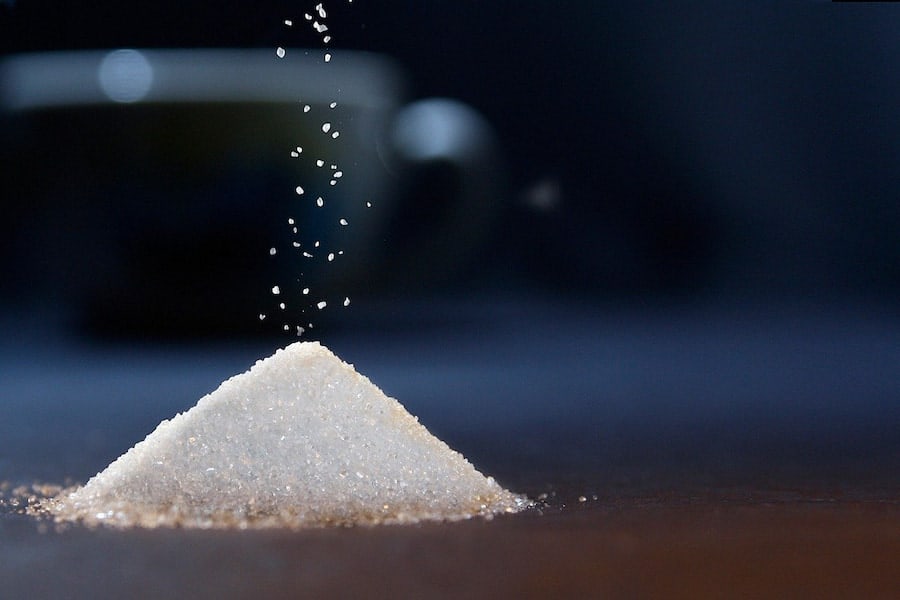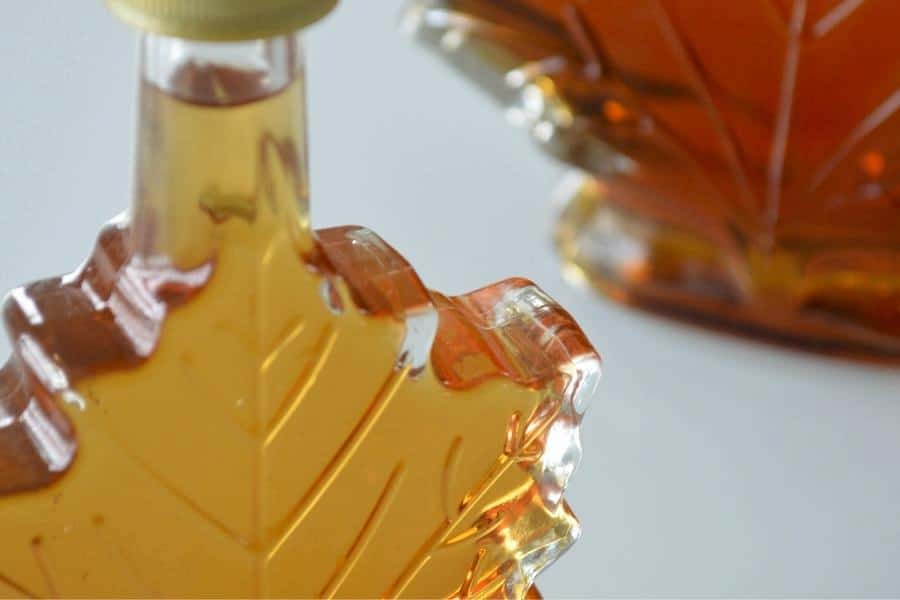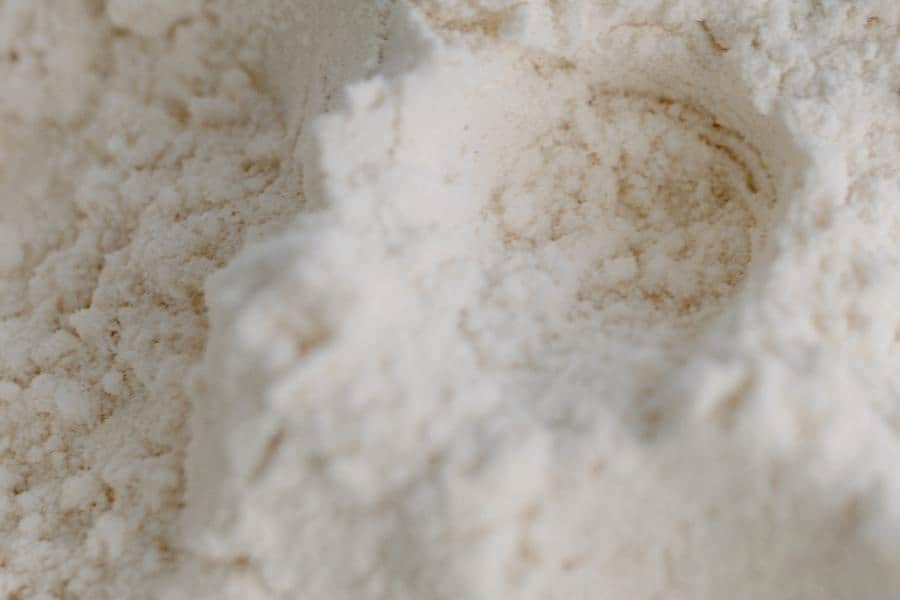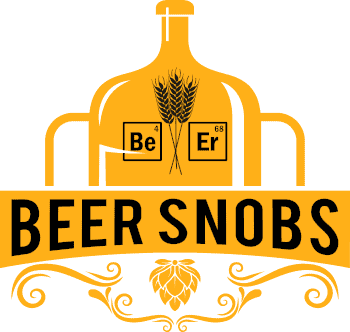If you buy something through a link in our posts, we may get a small share of the sale.
Corn sugar vs dextrose, how do these two essential brewing ingredients compare? If you’re in the brewing industry or even a home brewer, then you know these two terms are often used interchangeably. So, what’s the difference between the two, and which one should you use for your next brew?
Contents
Corn Sugar vs Dextrose Overview
The two terms are often used interchangeably because they are both forms of glucose. Glucose is a simple sugar that is derived from corn starch. It’s the most common type of sugar in the world and is found in fruits, vegetables, and honey.

Dextrose is a form of glucose that has been processed to be more soluble in water. This means that it will dissolve faster in water and won’t clump together like corn sugar. It also has a slightly sweeter taste than corn sugar and will provide a little more alcohol content to your beer.
In brewing, both are used to add sweetness, body, and alcohol to beer. They are also used to carbonate beer. Therefore, knowing when to use each one is important to get the desired results in your beer. For instance, when brewing a light beer, you will want to use corn sugar because it will add less sweetness and body than dextrose.
Corn Sugar
It is a natural sweetener made from the starchy part of corn kernels. It is about 70% as sweet as table sugar and is used to sweeten food and beverages. The extracted starch is then converted into corn syrup, which is further processed to make this type of sugar.
In the brewing industry, this type of sugar is commonly used as priming sugar. It is fully fermentable and will not add any flavor to your beer. Homebrewers and commercial breweries use this sugar to carbonate the beer and to give it a crisp, dry finish.
This type of sugar is also used to increase the alcohol content of the beer without adding sweetness. To do this, brewers add this sugar to the wort before fermentation. The yeast ferments the sugar and produces alcohol of the same quality as alcohol from malt.
Advantages
- It is a natural sweetener made from corn hence easily available and relatively cheaper.
- It is easy to dissolve in water, making it ideal for priming sugar or adding to the wort.
- This type of sugar is fully fermentable hence it does not add any flavor to the beer.
- It carbonates the beer and gives it a crisp, dry finish.
- It increases the alcohol content of the beer as it is fermented by yeast.
Disadvantages
- It can add a harsh alcohol flavor to the beer if used in large quantities.
- Too much it can make the beer taste sweet.
- It can be difficult to predict the final gravity of the beer when using this sugar as a priming sugar.
- It also has a high glycemic index, which can cause a spike in blood sugar levels.
Dextrose
Dextrose is a simple sugar that is made from corn starch. It is similar to glucose and is often used as a sweetener in processed foods. It is also used in brewing beer to add sweetness and body to the finished product. It is more fermentable than glucose and will result in a drier beer.
Due to its fine texture, dextrose is often used as a priming sugar. It dissolves quickly in water and will not clump together like grain sugar. It also has a slightly sweeter taste and will provide a little more alcohol content to your brew.

Dextrose is also used to carbonate beer. It is added to the wort before fermentation, and the yeast ferments the sugar, which produces carbon dioxide gas. The gas carbonates the beer and gives it a foamy head. When used in this way, it is often called carbonation drops due to its small size.
Advantages
- It is more fermentable than glucose, so it will result in a drier beer.
- It is a fine powder that dissolves quickly in water, making it ideal for priming sugar.
- It has a slightly sweeter taste and will provide a little more alcohol content to your beer.
- It is easy to predict the beer’s final gravity when using dextrose as a priming sugar since it is fully fermentable.
Disadvantages
- If not added in the right quantity, dextrose can make the beer taste sweet.
- It can add a harsh alcohol flavor to the beer if used in large quantities.
- Too much dextrose can make the beer taste thin.
Comparison Between the Two
We have seen how these two sugars are made, their advantages and disadvantages, and their main uses. So, what are the similarities and differences between these two that can make it easier to choose between them?
Similarities
- Both are made from corn which is a natural source of sugar.
- Both are available in powder form and can be easily dissolved in water.
- Both are used as sweeteners and to add alcohol content to beer.
- Both are used as priming sugars to carbonate beer and give it a crisp, dry finish.
- You can use large quantities in both to add sweetness and body to the finished beer.
- Both can alter the taste of the beer if used in large quantities.
Differences
- Corn sugar does not flavor the beer, while dextrose can add a slight sweetness.
- Corn sugar can be difficult to predict the beer’s final gravity, while dextrose is easy to predict.
- Dextrose is a fine powder that dissolves quickly, while corn sugar is a coarse grain.
The Major Distinguishing Factor
The major distinguishing factor between these two is that corn does not flavor the beer, while dextrose can add a slight sweetness. Dextrose is also a fine powder that dissolves quickly compared to other sugar.

When to Use Corn Sugar
The best time to use this sugar is when you want a crisp, dry finish to your beer. This way, you will not have to worry about the sugar adding any sweetness or body to the finished product. It is also a good choice when priming your beer as it will not alter the beer taste.
Many brewers also prefer to use corn sugar when brewing lighter beers such as Pilsners and pale ales. This is due to the fact that the sugar will not add any flavor to the beer and will not affect the final gravity.
When to Use Dextrose
If you want sugar that will carbonate your beer and give it a foamy head, then dextrose is the sugar for you. This is because it is fine and dissolves quickly in water, making it ideal for priming sugar. It is also fully fermentable, so you can easily predict the final gravity of your beer.
Dextrose also comes in handy when you want to add sweetness and body to your beer without affecting the flavor. This is because it is a natural sugar that does not alter the taste of the beer.
Which Is Better Between the Two?
The better sugar here is dextrose because it is fine, dissolves quickly in water, and is fully fermentable. It can also add a slight sweetness to your beer without affecting the taste. Predicting the final gravity of your beer is also easy when using dextrose.
Conclusion
Choosing the right sugar for your beer can be a daunting task; however, it is essential to get it right. You don’t have to use the same sugar all the time; you can experiment with different types of sugar to see which one gives you the best results.

